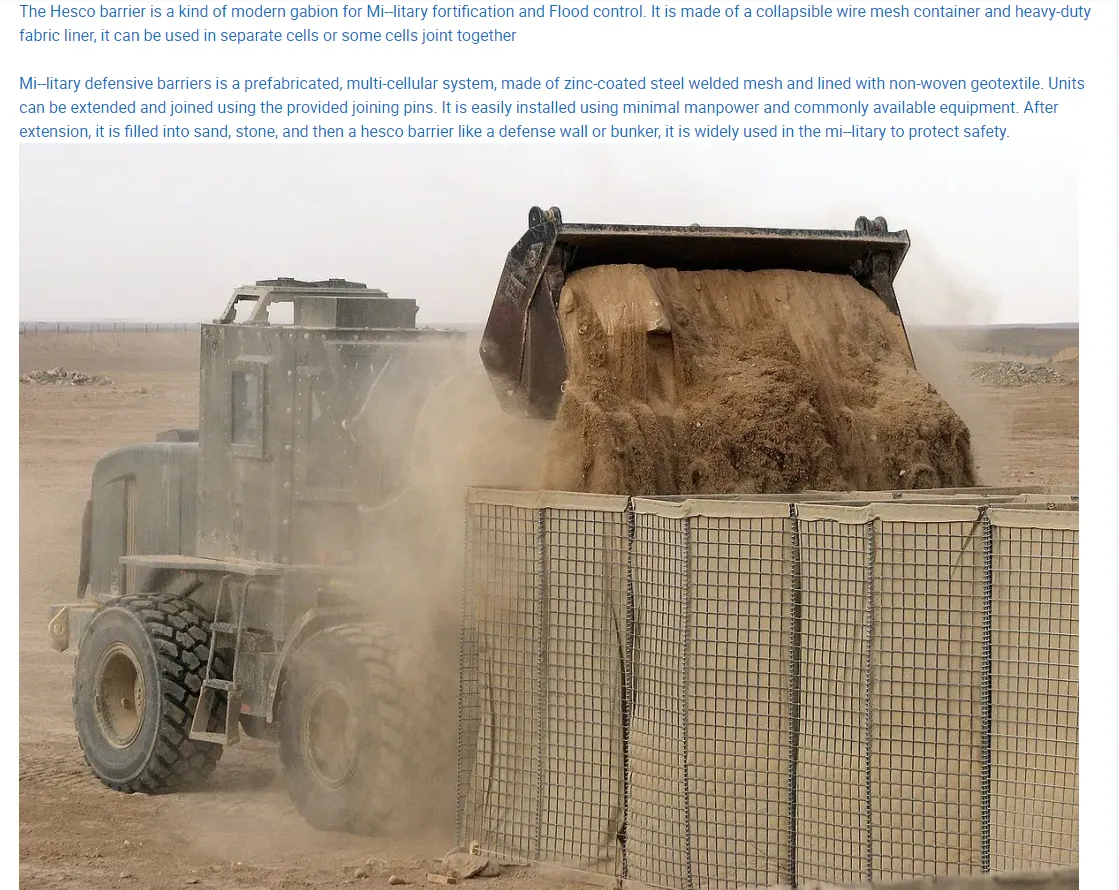Understanding Construction Fencing Costs A Comprehensive Guide
When embarking on a construction project, one key aspect that often gets overlooked is the cost associated with fencing the site. Construction fencing serves multiple purposes it enhances security, ensures the safety of the construction zone, and provides a clear boundary to delineate the project area. Understanding the costs associated with construction fencing is crucial for any project manager or contractor looking to budget effectively.
Factors Influencing Construction Fencing Costs
1. Type of Fencing Material The type of fencing material chosen significantly affects the overall cost. Common materials include chain link, wooden, vinyl, and temporary construction fencing. Chain link fencing tends to be more economical, while wooden and vinyl options can increase the budget due to their aesthetics and durability.
2. Height and Length of Fencing The dimensions of the fencing required also play a crucial role in determining costs. Fencing typically comes in standard widths and heights. The taller and longer the fence, the more materials and labor will be needed, driving up costs.
3. Site Location Geographic location can influence fencing costs due to variations in material prices and labor rates. Areas with higher living costs may see increased prices for both materials and installation services.
4. Installation Costs Labor costs for fencing installation can vary based on the complexity of the installation and the experience of the workers. Some fencing may require specialized skills or tools, which can further increase costs. Additionally, if the ground needs preparation, such as clearing or leveling, this will add to the overall expense.
5. Permit Requirements Depending on the local regulations, permits may be required for installing certain types of fencing. The costs and time associated with obtaining permits can impact the overall budget.
6. Duration of Use The length of time the fencing will be needed can also affect costs. For short-term projects, temporary fencing can often be rented, which may be more cost-effective than purchasing a permanent solution.
construction fencing cost

Cost Estimates
While costs can vary widely depending on the factors mentioned, a general estimate for construction fencing can be outlined as follows
- Chain Link Fencing Typically ranges from $8 to $20 per linear foot, including materials and installation. This type is favored for its durability and security features. - Wooden Fencing Costs can range from $15 to $30 per linear foot. Though it provides an aesthetically pleasing appearance, it may require maintenance to prevent weather-related damage.
- Vinyl Fencing Known for its longevity and maintenance-free qualities, vinyl fencing can range from $25 to $40 per linear foot.
- Temporary Fencing Options such as welded wire or mesh fencing can be rented at approximately $1 to $3 per linear foot per month, making it a budget-friendly choice for short-term projects.
Budgeting for Construction Fencing
When planning a construction project, it is essential to allocate a realistic budget for fencing. To create an accurate budget, consider conducting a detailed site survey to determine the necessary fencing length and any unique site challenges. Consulting with fencing contractors can also provide invaluable insights into cost estimates and options available within your area.
In conclusion, while construction fencing may seem like a secondary concern in project planning, understanding the associated costs can lead to more effective budgeting and project execution. By considering the type of material, site location, installation needs, and permit requirements, project managers can navigate the complexities of construction fencing and ensure the safety and security of their worksite.
-
The Strength and Versatility of Aluminum Expanded Metal Mesh
NewsJun.10,2025
-
Safety Guards and Machine Enclosures Using Expanded Mesh
NewsJun.10,2025
-
Performance with Round Hole Perforated Mesh in Wall Panels
NewsJun.10,2025
-
How Steel Grating Trench Covers Distribute Weight Efficiently
NewsJun.10,2025
-
How Deck Mesh Railing Enhances Backyard Aesthetics
NewsJun.10,2025
-
Comparing Bar Thickness and Spacing in Steel Grating
NewsJun.10,2025
Subscribe now!
Stay up to date with the latest on Fry Steeland industry news.

